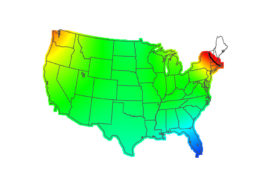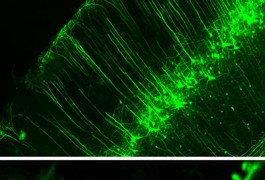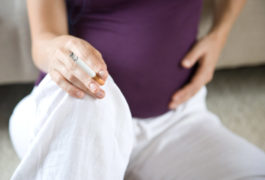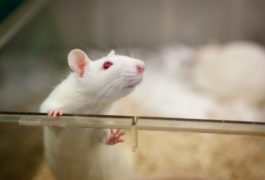Genetics guides gaze during social interactions, study finds
The tendency of people with autism to not make eye contact is rooted in genetics, suggests a study of identical and fraternal twins.
From parental age to infection during pregnancy, environmental elements can influence autism risk.

The tendency of people with autism to not make eye contact is rooted in genetics, suggests a study of identical and fraternal twins.

The odds of getting an autism diagnosis depend on where in the United States a person lives.

Having fevers while pregnant boosts the risk of having a child with autism, according to a study of more than 95,000 women.

Pups born to pregnant mice infected with a mock virus are known to show changes in their immune system. These effects may in turn impair proper brain signaling, according to results presented Saturday at the 2013 Society for Neuroscience annual meeting in San Diego.

Children born to women who had low blood levels of vitamin D while pregnant double their risk of autism.

A woman who smokes while pregnant may increase autism risk in her daughter’s children.

A mother’s immune response to a severe infection during pregnancy disrupts the expression of autism genes in her child, a rat study suggests.

Most of the conversation about autism — whether about services or science — concerns children with the condition. But what happens when children with autism grow up?

Children born to parents who are unusually young or old stand an increased chance of having features of autism or other psychiatric conditions.

Understanding autism features in children who were deprived of social contact as infants could offer clues to the condition.